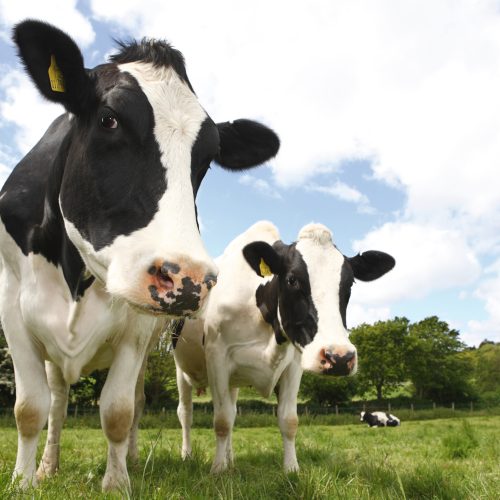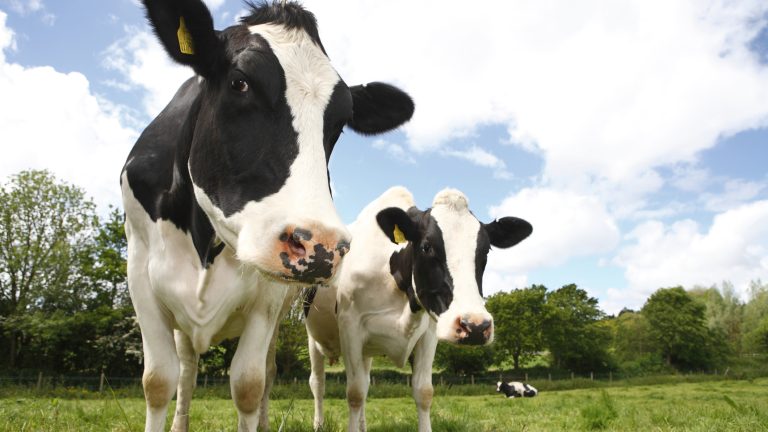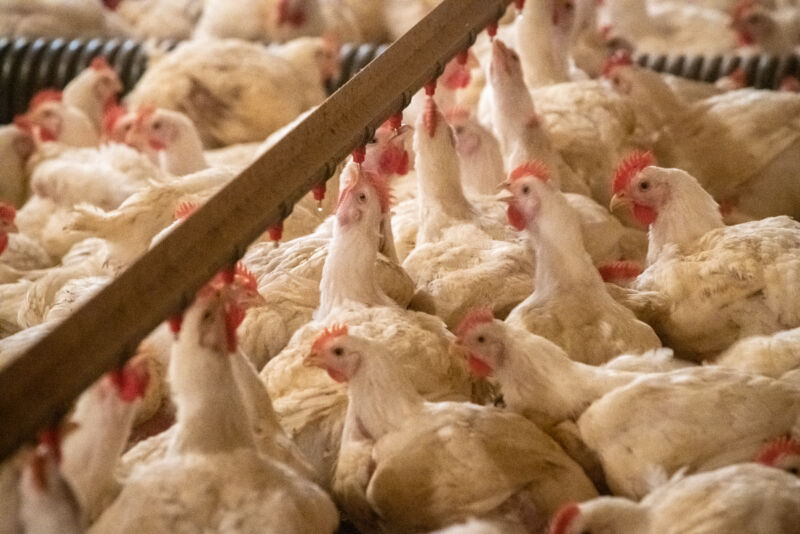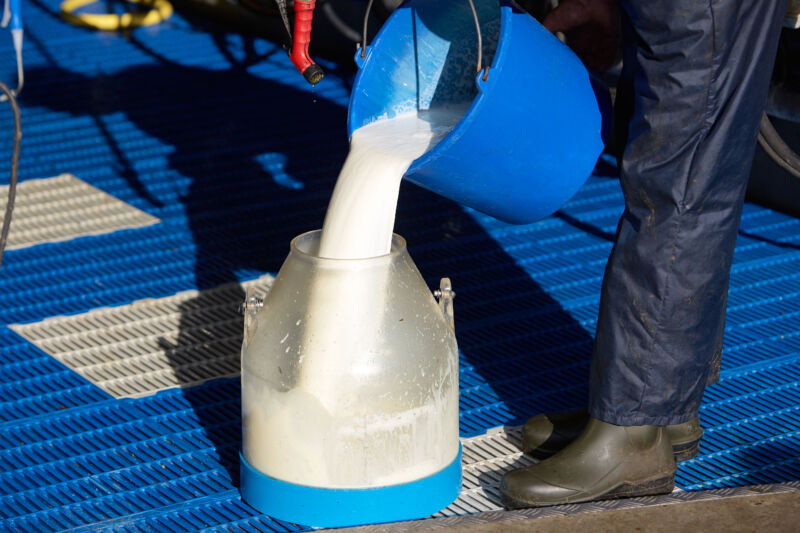Human cases of H5N1 confirmed in California amid rapid dairy spread
Two California dairy farm workers who had contact with H5N1-infected cows have contracted an H5 avian influenza virus, the Centers for Disease Control and Prevention confirmed Thursday evening.
In a news release from earlier today, California's health department announced only one presumptive positive case awaiting confirmation from the CDC. In that case, the person's illness was reported to be mild, with the only symptom being conjunctivitis (eye redness). This echoes the experience of other H5N1 human cases in this outbreak. The person is said to be staying at home and taking an antiviral flu medication.
In its media statement Thursday evening, the CDC reported confirming two cases. "At this time, there is no known link or contact between the first and second confirmed cases in California, suggesting these are separate instances of animal-to-human spread of the virus," the CDC said.


© Getty | Peter Cade

